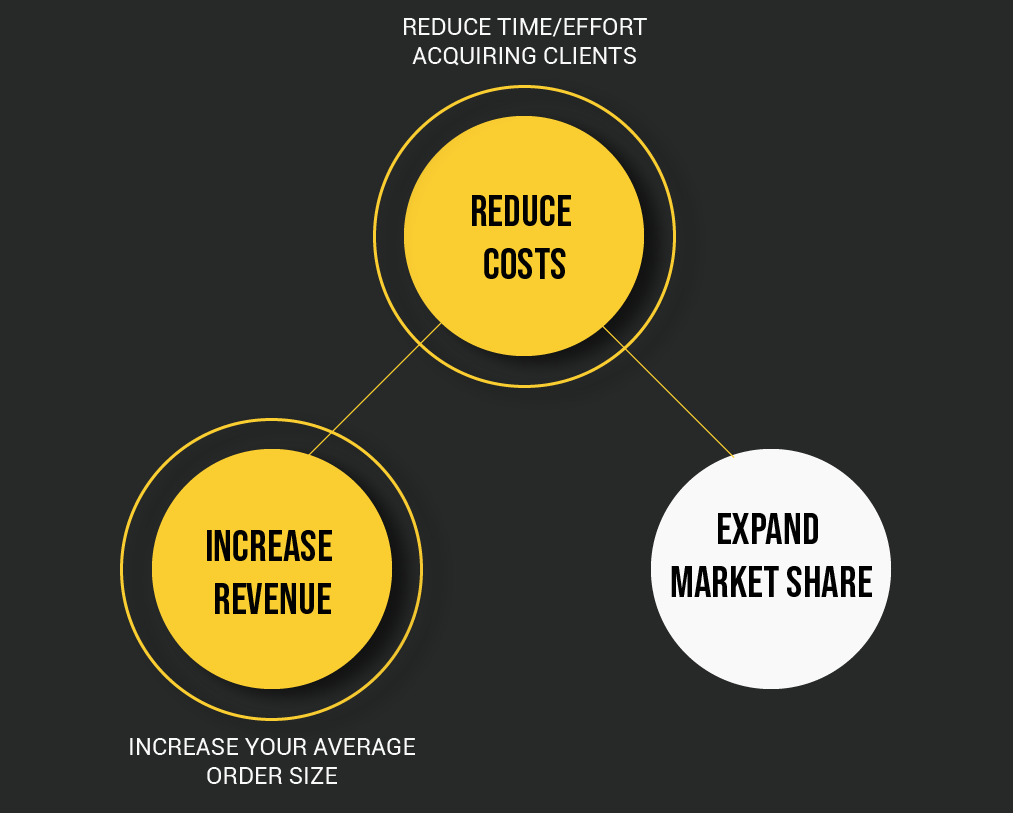Look at what the world believes about selling, the world believes selling is about pitching and persuading. The way targets are set up are for example, how much did you sell this month? The problem is salespersons dive into pitching before creating an urgency for the product or service they are selling and this causes pipelines to clog, and sales cycles to slow down. Just imagine if the sales managers better understood the psychology of selling and trained their sales teams to listen to the buyers and understand the problem they are trying to solve. The better the salespersons understand what it costs them by not solving the buyers’ problems, the more likely they will change the way they approach sales meetings and presentations.
A need is a necessity arising from a certain problem, a real problem; and a want is what people think or say they need. I think salesperson’s really need to learn how to listen to their buyers and not to pitch or persuade them before clearly understanding their needs. Contact me via e-mail for sales training and workshops.





















